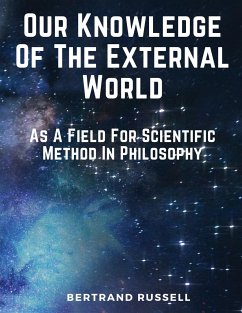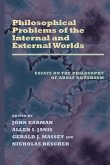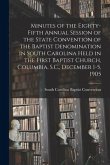"Our Knowledge of the External World - As a Field for Scientific Method in Philosophy" by Bertrand Russell is a seminal work in the philosophy of science. Published in 1914, this book reflects Russell's attempts to apply the rigorous methods of science to the study of philosophical problems and to clarify the nature and limits of human knowledge. Bertrand Russell, a British philosopher, logician, and mathematician, was a leading figure in the development of analytic philosophy in the 20th century. In this book, he seeks to establish a scientific foundation for philosophy by examining the methods and assumptions of scientific inquiry and their implications for philosophical questions. One of the central themes of the book is the relationship between perception, cognition, and reality. Russell explores questions about the nature of knowledge, the reliability of sense perception, and the possibility of objective truth. He argues that scientific knowledge is based on empirical evidence and logical reasoning, and he advocates for a critical approach to philosophical inquiry that is grounded in the methods of science. Moreover, Russell discusses the role of language and mathematics in shaping our understanding of the external world. He examines the ways in which conceptual frameworks and symbolic systems influence our perceptions and interpretations of reality, and he emphasizes the importance of clarity and precision in philosophical analysis. Additionally, "Our Knowledge of the External World" addresses a range of philosophical topics, including the nature of space and time, causality, induction, and the problem of skepticism. Russell engages with classical philosophical debates and offers innovative solutions to longstanding problems, drawing on insights from logic, mathematics, and the natural sciences. Russell's writing is characterized by its clarity, rigor, and intellectual sophistication. He presents complex ideas with precision and elegance, making them accessible to readers without sacrificing depth or nuance. Overall, "Our Knowledge of the External World" is a landmark work that continues to influence debates in philosophy of science, epistemology, and metaphysics. Russell's emphasis on the importance of empirical evidence, logical analysis, and scientific method remains relevant for contemporary discussions about the nature and scope of human knowledge.
'It is in every sense an epoch-making book: one that has been needed and expected for years.' - Cambridge Magazine
'The author maintains a fresh and brilliant yet easy style which always makes his writings a pleasure to read.' - Nature
'The author maintains a fresh and brilliant yet easy style which always makes his writings a pleasure to read.' - Nature
'It is in every sense an epoch-making book: one that has been needed and expected for years.' - Cambridge Magazine
'The author maintains a fresh and brilliant yet easy style which always makes his writings a pleasure to read.' - Nature
'The author maintains a fresh and brilliant yet easy style which always makes his writings a pleasure to read.' - Nature







